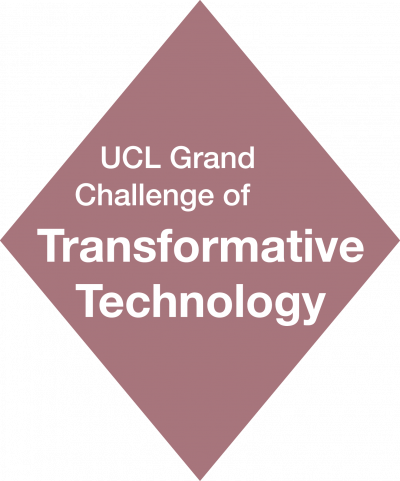Investigating the properties of intent for AI
The project pursued a novel question and measured how jurors would tackle the idea of intent within AI.

21 October 2024
Research shows that people's inferences about the intent behind actions, whether performed by humans or AI, are surprisingly consistent. This study seeks to further test these findings and refine an algorithmic definition of intent that is easily understood by the general public. Additionally, it aims to investigate how judgments of AI intent are reflected back onto its programmer or owner, offering new insights into the connection between AI behaviour and human accountability.
The funding for this research allowed the researchers to conduct three related surveys administered through prolific and designed in Qualtrics. Participants were asked to imagine they were jurors judging whether a human or AI pilot had broken the law by flying into a restricted zone.
 Close
Close


